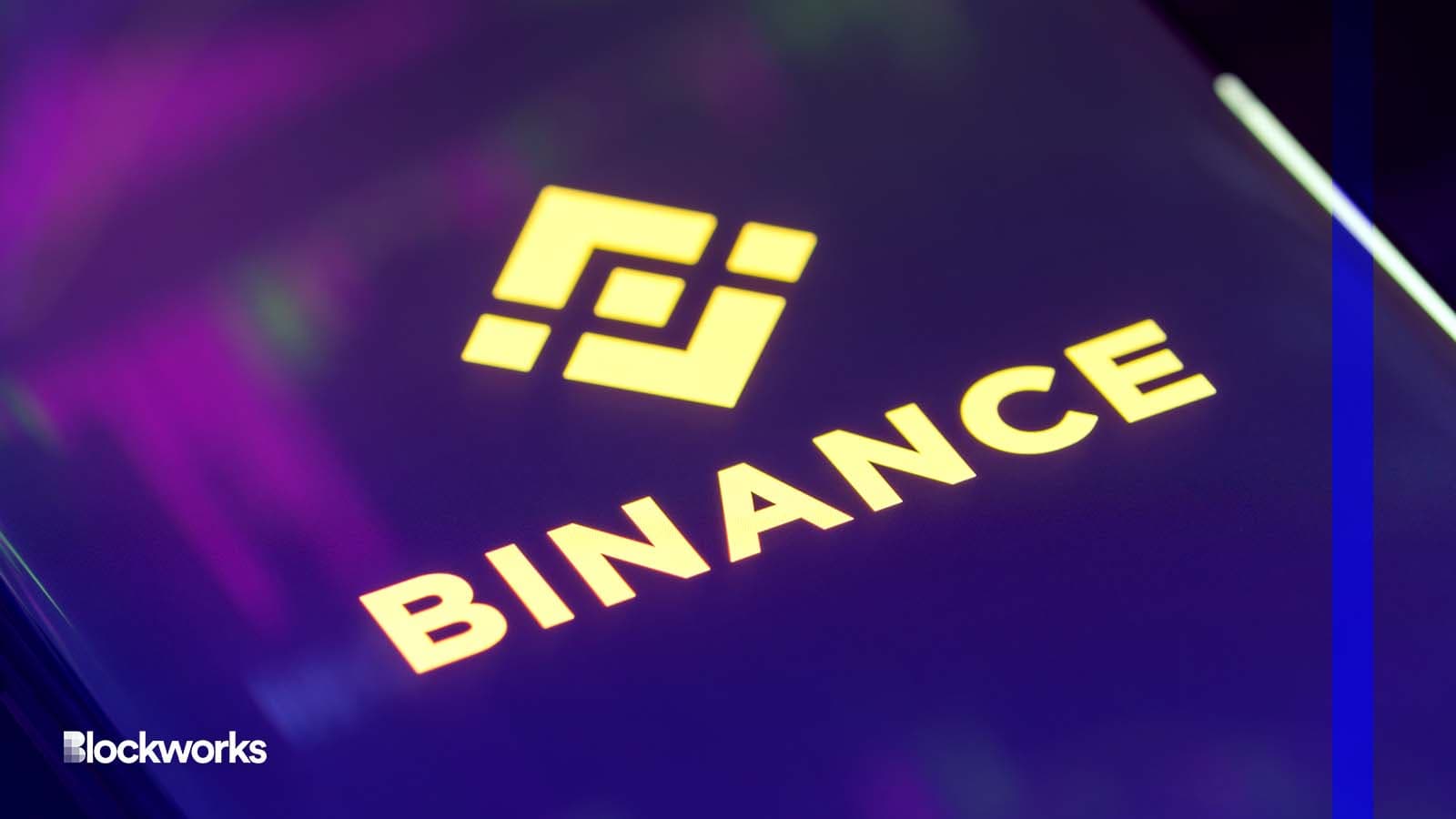Binance wants ‘fewer regulated EU entities,’ leaves Netherlands after Cyprus
Binance is winding down operations in multiple EU countries, which it says is a response to the bloc’s MiCA crypto regulations

Grey82/Shutterstock modified by Blockworks
Binance is exiting the Netherlands as it encountered challenges in registering as a virtual asset service provider in certain EU countries.
Despite efforts to comply with regulators and cater to Dutch clients, the crypto exchange couldn’t secure registration, a spokesperson told Blockworks.
Netherlands-based customers received an email on Friday stating that crypto deposits would be disabled starting next month. They were also advised against sending any cryptocurrencies to previously saved addresses. NFT trade and NFT staking will be blocked from Jul. 12.
Dutch users will only have the option to withdraw assets from the Binance platform after Jul. 17. Purchases, trades, and deposits will no longer be available, while open positions for various Binance products will be closed.
A Binance spokesperson said the recent development signifies that starting today, no new users residing in the Netherlands will be accepted, and added that the exchange will continue to work towards obtaining authorization to provide services in the country.
Meanwhile, Binance’s Cyprus unit applied to be removed from the country’s register of crypto asset service providers this week.
“We are working hard to prepare our business to be fully compliant with MiCA when it is implemented in the next 18 months. To that end, we have made the decision to pull back efforts in Cyprus to focus on our efforts on fewer regulated entities in the EU, especially our larger registered markets where we already have a mature footprint, including France, Italy and Spain,” a spokesperson said.
“Binance will continue to comply with applicable laws of the European Union.”
The EU Parliament’s approval of the Markets in Crypto Assets (MiCA) regulation is expected to broaden banking services available to crypto firms.
Binance withdrew from the Canadian market last month due to the introduction of new stablecoin guidance and investor limits imposed on crypto exchanges.
Meanwhile in the US, Binance, its CEO Changpeng Zhao and affiliates face sweeping lawsuits from both the Commodities Futures Trading Commission and the Securities and Exchange Commission.
Katherine Ross contributed reporting.
Get the news in your inbox. Explore Blockworks newsletters:
- The Breakdown: Decoding crypto and the markets. Daily.
- 0xResearch: Alpha in your inbox. Think like an analyst.






